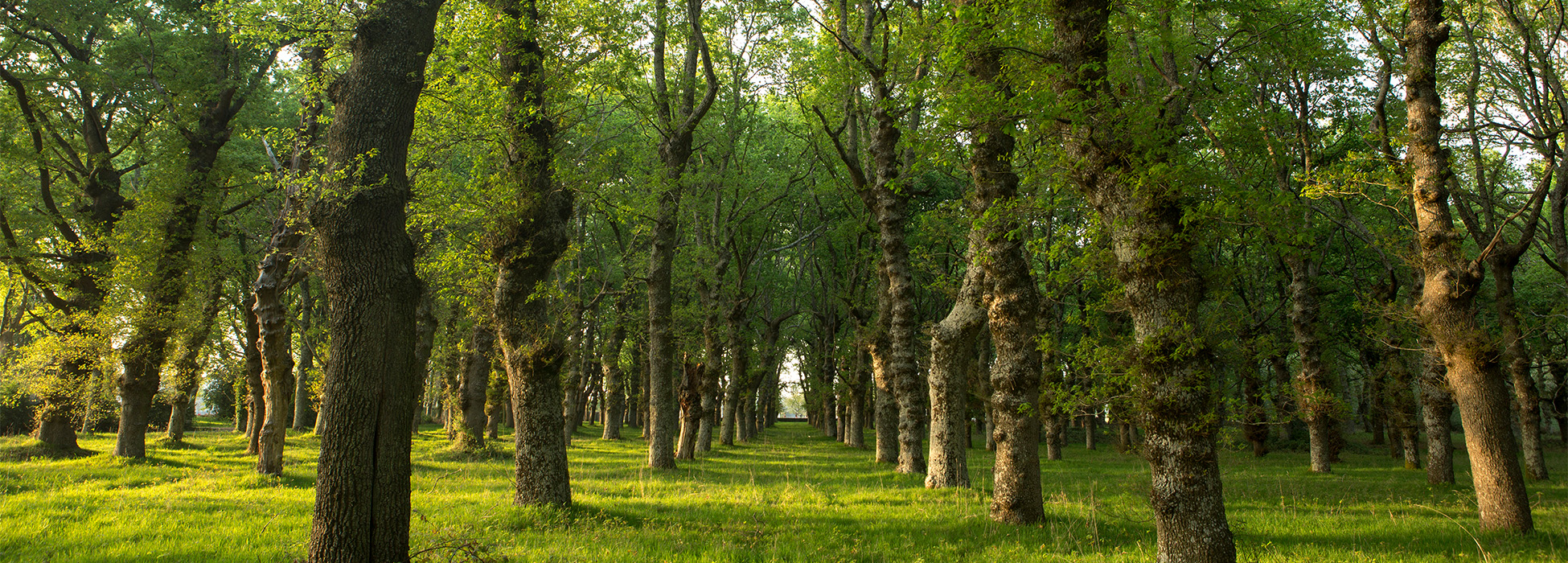Greentour project
The Provincial Council of Pontevedra (Deputación de Pontevedra) has been part of the project "Greentour: Circular Economy and Sustainable Tourism in Destinations of the SUDOE Space" since 2020. This European project aims to move towards a new environmental, economic and social model in tourist destinations and, at the same time, to inform consumers and ensure their commitment to the environment in which the tourism-related activity is taking place.
The Deputación has allocated a budget of 100,000 euros to the project, 75 % of which is supported by ERDF funds. The total investment in this project will amount to 1,172,000 euros, 75 % of will also be financed with ERDF funds. Until 2023 Turismo Rías Baixas will be part of the consortium made up of members from Spain, Portugal and France, namely the ESCI Escola Superior de Comerç Internacional of the Pompeu Fabra University, Lloret Futur S. A., the University of Cantabria, the Fundación Camino Labaniego, EnergyLab, the University of Aveiro, the Laboratório da Paisagem-Associação para a Promoção do Desenvolvimento Sustentável and Auvergne-Rhône-Alpes Tourisme.
In order to improve methods of management, preservation, protection and promotion of natural and cultural heritage, "Greentour" has developed environmental assessment tools including a life cycle assessment and eco-labelling software for tourist destinations, so as they can be replicated, capitalised and disseminated.
The Deputación de Pontevedra has been involved in the creation of the eco-labelling software for tourist destinations by collecting data from the four sub-sectors – hotels, restaurants and cafés, leisure, and transport. The data obtained serves as a basis for creating the eco-label and also a life cycle assessment (LCA) database on tourism-related activities and establishments available to the scientific community.
The Deputación de Pontevedra’s tools will assess the environmental impact of tourism-related activities as a whole in order to introduce improvements and thus move towards eco-efficiency in the sector and contribute to better management of its heritage. These tools include a set of environmental indicators based on carbon footprint, acidification, eutrophication or photochemical oxidants, among others. The consortium and other partners interested in the project, who provide information and carry out external monitoring of the results, are actively engaged in the scientific and technical decisions regarding the development of these assessment tools.
With this project, it is expected that by 2023 businesses related to rural tourism, hotel accommodation, leisure, transport and restaurants will have this eco-label in order to meet the demands of eco-tourists, which have significantly increased over the last three years.
The Deputación de Pontevedra is committed to the 2030 Agenda and to sustainable tourism as a strategic sector for the province, thus betting on tourism sustainability, heritage recovery, assessment and training.








